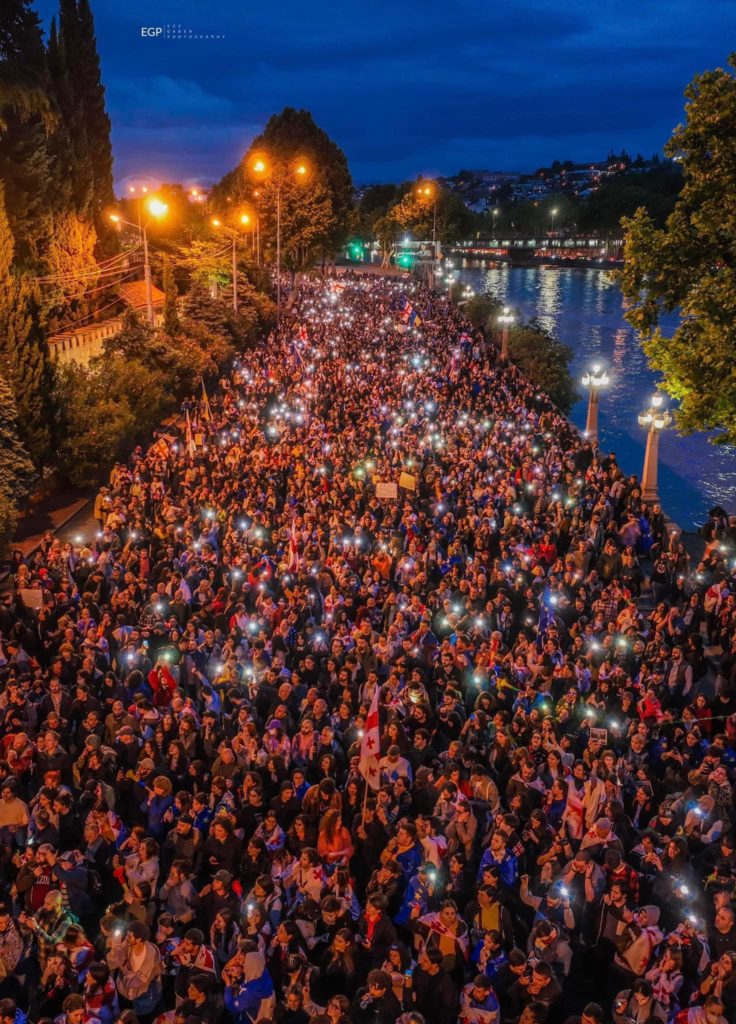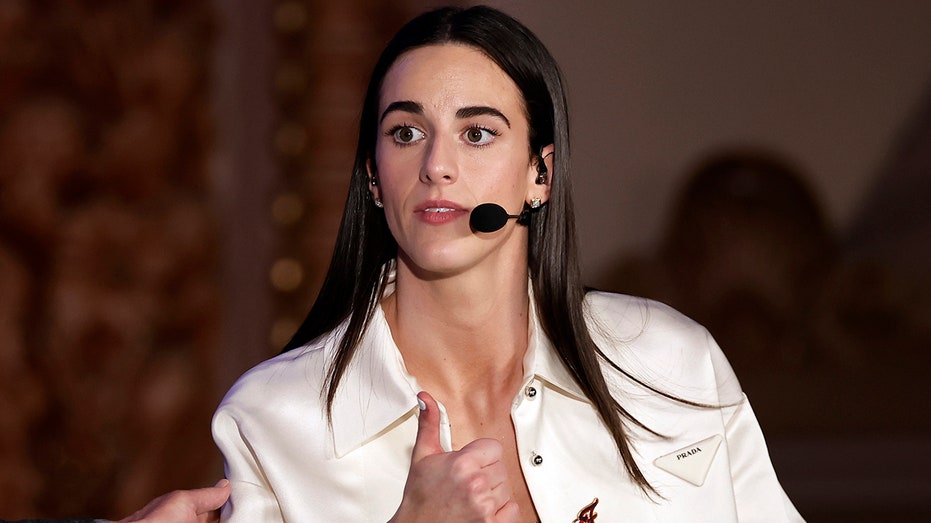EU deplores Georgia’s “family values” laws, warns of discrimination risks
The EU has condemned Georgia's new "family values" law, warning it could lead to human rights violations and jeopardize Georgia's path to EU membership. The law bans transgender transitions and same-sex adoptions, drawing parallels to Russia's restrictive legislation.


The European Union has strongly criticized Georgia’s recent adoption of a legislative package on “family values and protection of minors,” expressing deep concern over its potential impact on human rights and Georgia’s EU integration prospects.
The Georgian Parliament adopted the controversial legislation on 4 September during the second plenary hearing, with 81 votes in favor and none against. The ruling party plans to pass the legislation in a third hearing later in September, just weeks before the crucial Parliamentary elections on 26 October. Homophobia has been a central theme in the ruling party’s campaign, according to Civil Georgia.
EU’s criticism
On 4 September, the European External Action Service (EEAS), the EU’s diplomatic arm, issued a statement deploring the rushed adoption of the package in its second reading by the Georgian parliament. The EU highlighted that this legislation “undermines the fundamental rights of Georgian people and risks further stigmatisation and discrimination of part of the population.”
The statement emphasized the EU’s regret that such impactful legislation was passed without proper public consultations or a thorough analysis of its compliance with European and international standards.
“Ensuring and upholding human rights is at the core of the enlargement process, annually assessed within the European Commission’s enlargement report,” EEAS wrote.
In light of these concerns, the EU has called on Georgian authorities to “entirely reconsider this legislative package.” The statement warned that this proposal, combined with restrictions on civil society imposed by the Law on transparency of foreign influence, “will place further strain on EU-Georgia relations.”
The EU reminded Georgia that its accession process is “de facto halted” and urged the authorities to recommit to the EU integration path. This strong stance from the EU underscores the potential consequences of the new legislation on Georgia’s aspirations for EU membership and its overall relationship with the European Union.
Venice Commission’s critique
In June, the Venice Commission criticized Georgia’s draft law on protecting family values and minors for its lack of compliance with European and international human rights standards, particularly concerning the rights of LGBTI individuals and gender identity issues.
The Commission highlighted that the law risks fostering discrimination and a hostile environment against LGBTI people and called for significant changes. Key recommendations include allowing legal recognition of same-sex couples, removing discriminatory language, deleting provisions that restrict gender reassignment and the use of gender-neutral terms, and eliminating bans on assemblies and educational content related to non-heterosexual relationships.
The Commission urged Georgian authorities to reconsider the legislative proposal entirely or substantially revise it to align with principles of non-discrimination and human rights, but official Georgia ignored the offered revisions.
Foreign agents law
Earlier this year, Georgia’s adoption of another legislation, the “foreign agents” law, modeled after Russian legislation, sparked widespread protests in the country and drew EU criticism, jeopardizing Georgia’s EU membership bid. Despite a presidential veto, the ruling party holding the majority in the country’s parliament overrode it and passed the controversial legislation.
Related:
- The world ignored Putin’s attack on Georgia. And so Ukraine was next
- Ukrainian LGBTQ+ community fights for Ukraine
- Georgian fighters face terrorism charges after returning from Ukraine
- Ukraine restores ferry service to Georgia across Black Sea, suspended due to Russia invasion
- The global implications of Georgia’s political crisis
- Kyiv Pride March calls for unity, equality amid wartime
- Georgia enacts controversial “foreign agents” law, NGOs vow opposition
- Georgian parliament defies president’s veto, approves Russain-style ‘foreign agents’ law
You could close this page. Or you could join our community and help us produce more materials like this.
We keep our reporting open and accessible to everyone because we believe in the power of free information. This is why our small, cost-effective team depends on the support of readers like you to bring deliver timely news, quality analysis, and on-the-ground reports about Russia's war against Ukraine and Ukraine's struggle to build a democratic society.
A little bit goes a long way: for as little as the cost of one cup of coffee a month, you can help build bridges between Ukraine and the rest of the world, plus become a co-creator and vote for topics we should cover next. Become a patron or see other ways to support.



